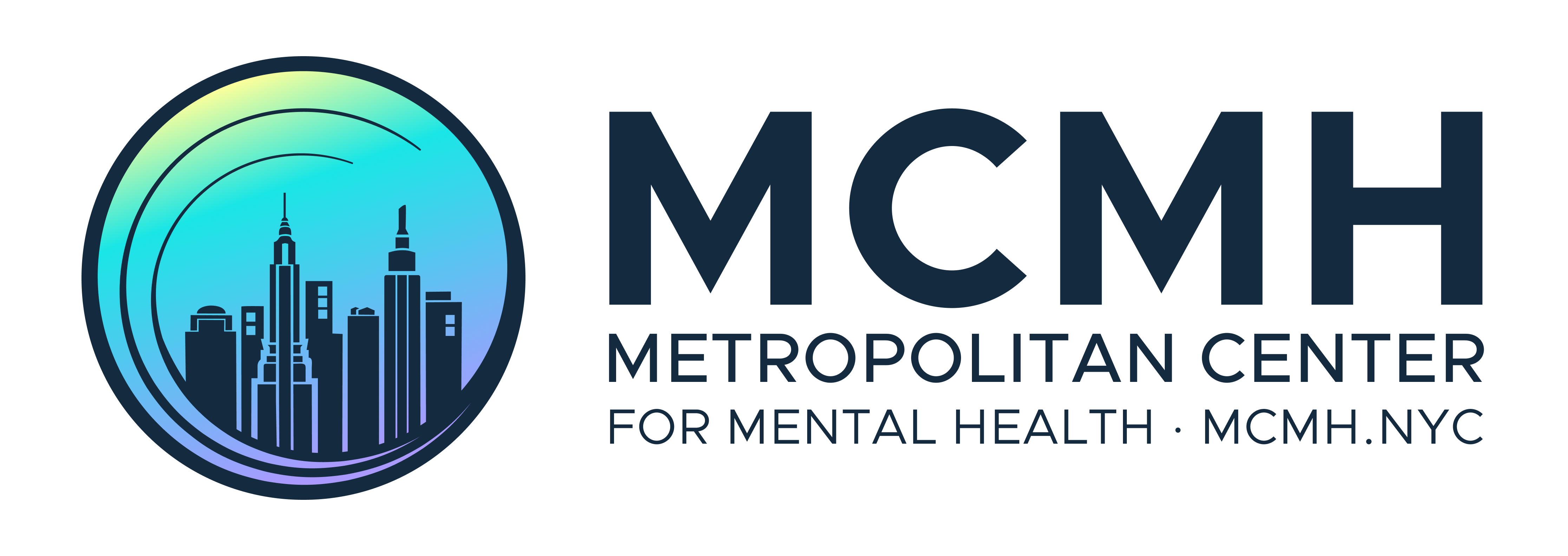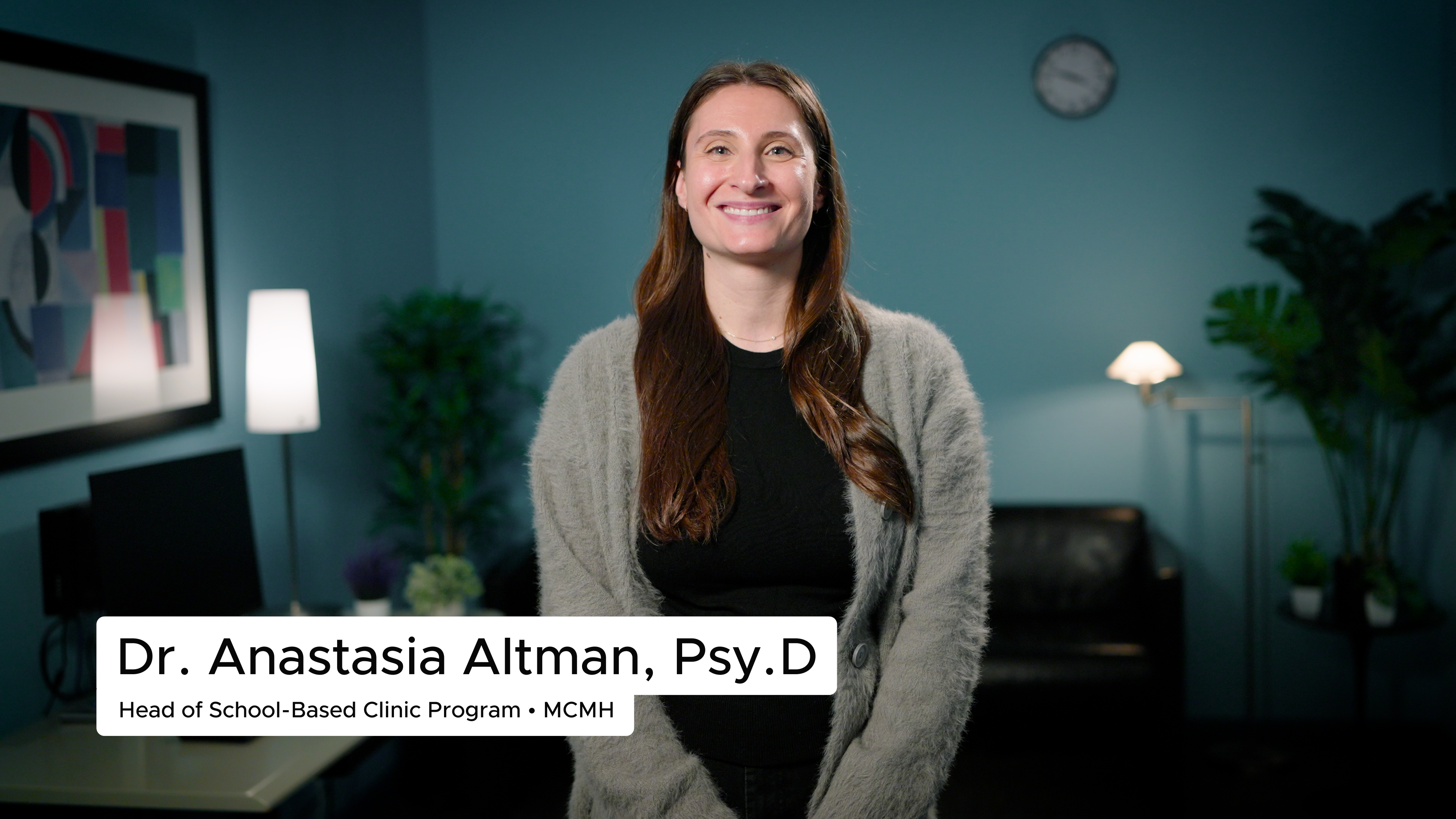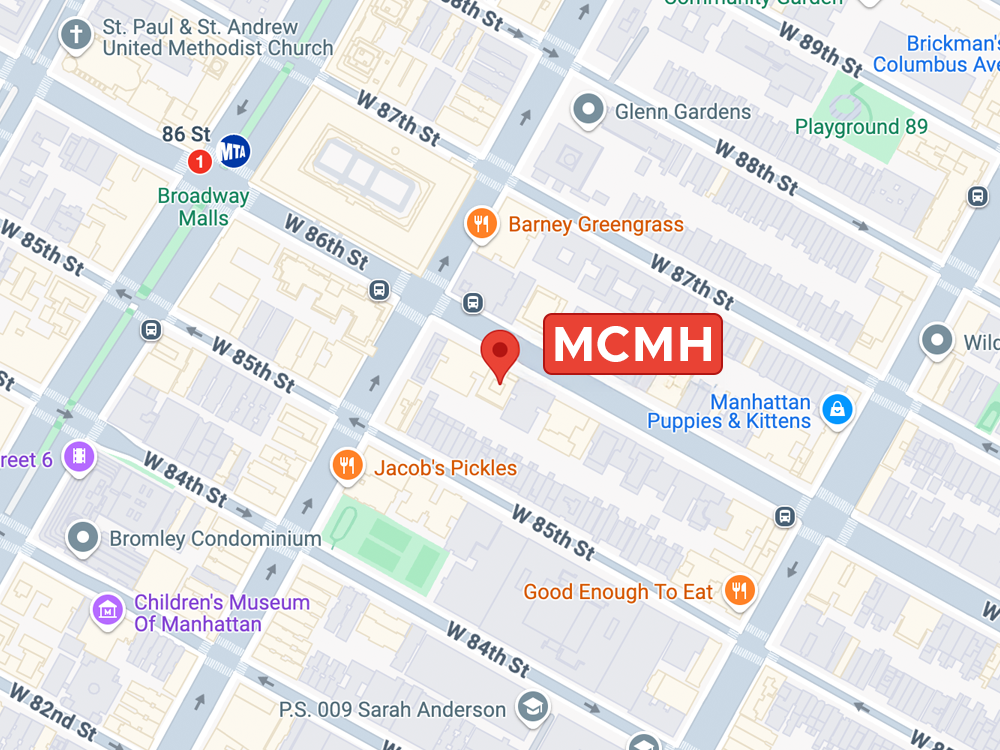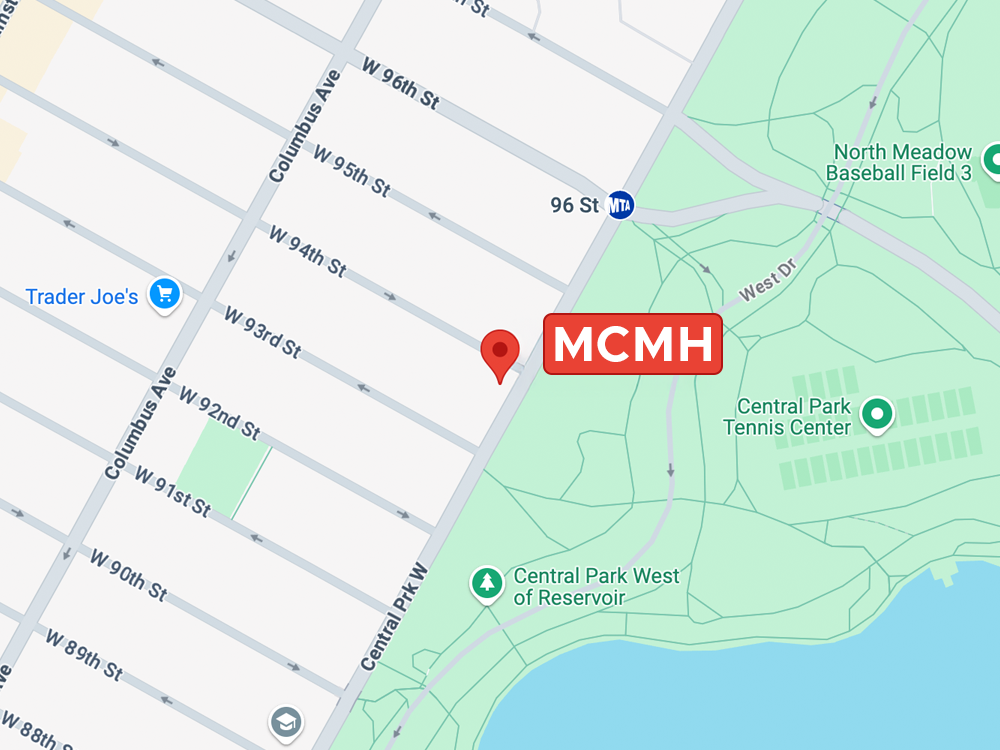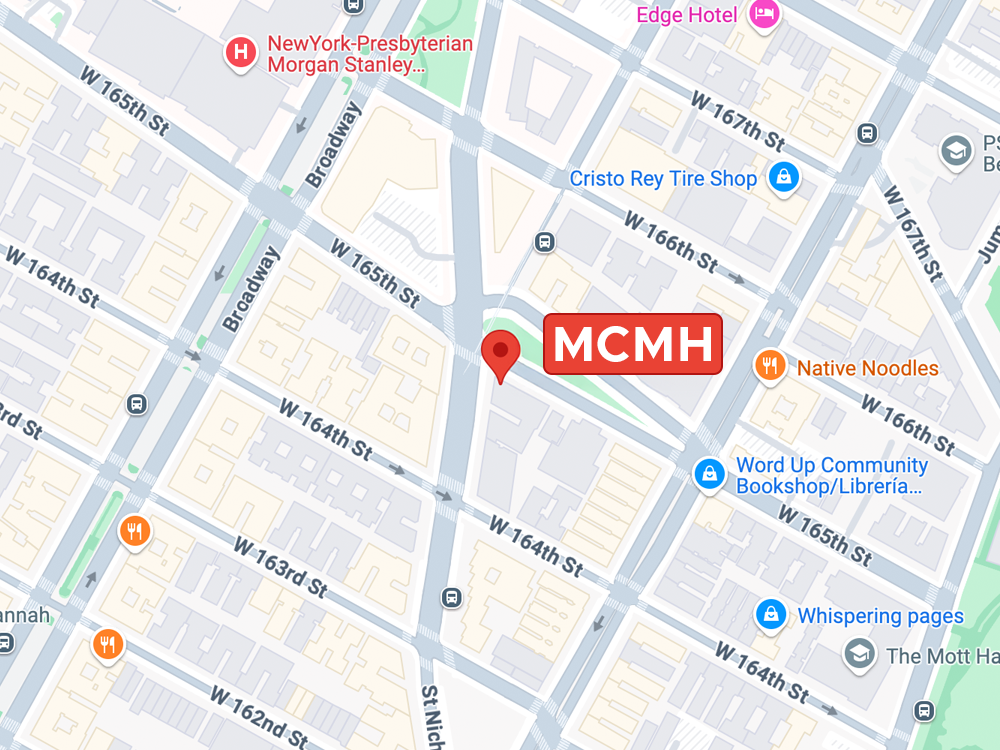Depression is a common and serious mental health condition that affects how a person thinks, feels, and behaves. It goes beyond temporary sadness and can interfere with daily life, work, and relationships.
Types of Depression
- Major Depressive Disorder (MDD) – Persistent feelings of sadness, hopelessness, and loss of interest in daily activities for at least two weeks.
- Persistent Depressive Disorder (Dysthymia) – A long-term, milder form of depression lasting two years or more.
- Bipolar Depression – Depressive episodes occurring in individuals with bipolar disorder.
- Seasonal Affective Disorder (SAD) – Depression that occurs during certain seasons, usually in winter when there is less sunlight.
- Postpartum Depression – Depression that develops after childbirth due to hormonal and emotional changes.
Symptoms of Depression
- Persistent sadness or emptiness
- Loss of interest or pleasure in activities once enjoyed
- Fatigue or lack of energy
- Difficulty concentrating or making decisions
- Changes in sleep (insomnia or excessive sleeping)
- Changes in appetite and weight
- Feelings of guilt, worthlessness, or hopelessness
- Thoughts of self-harm or suicide (in severe cases)
What Causes Depression?
Depression arises from a combination of factors, such as:
- Biological Factors – Imbalances in brain chemicals (neurotransmitters).
- Genetics – A family history of depression increases risk.
- Life Events – Trauma, grief, abuse, or major life changes can trigger depression.
- Medical Conditions – Chronic illnesses, hormonal imbalances, or certain medications.
How Is Depression Treated?
Depression is treatable, and common approaches include:
- Therapy – Evidence based Therapy to help individuals manage symptoms.
- Medication – Antidepressants can help balance brain chemistry.
- Lifestyle Changes – Regular exercise, a healthy diet, and good sleep habits can improve mood.
- Support Systems – Talking to friends, family, or support groups can provide emotional support.
Metropolitan Center for Mental Health is dedicated to providing comprehensive and compassionate care for individuals dealing with depression. MCMH's approach integrates evidence-based therapies, personalized treatment plans, and a commitment to understanding each patient's unique needs.
